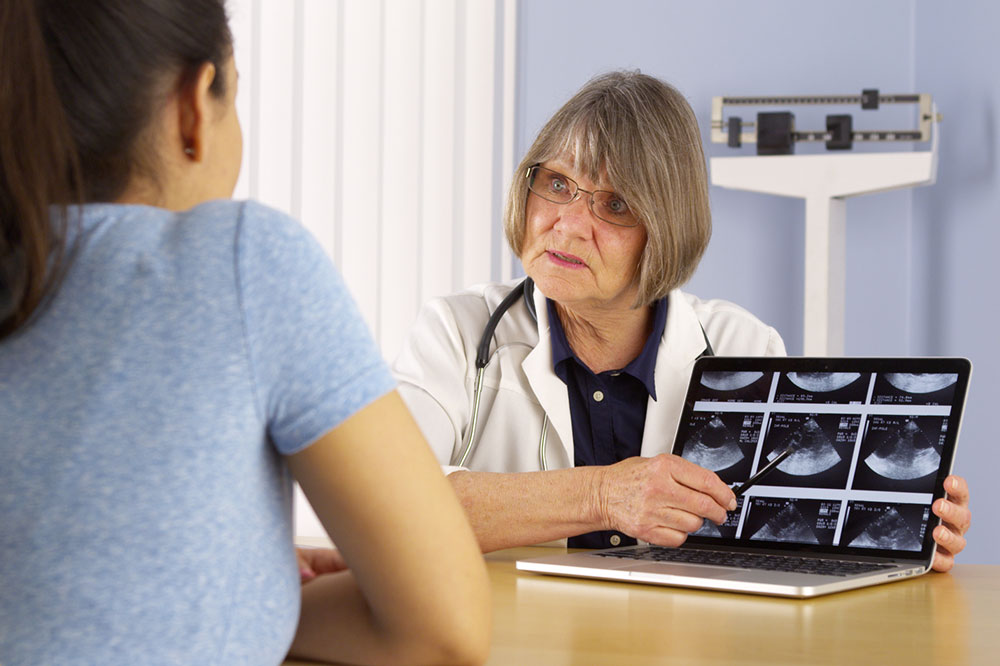
Common Symptoms Of Cervical Cancer
The widespread use of the PAP smear test has dramatically reduced the death rate for cervical cancer in the country. Initially, cervical cancer used to be the leading cause of cancer-related deaths for women in this country.
Women aged between 35-44 are especially vulnerable to this form of cancer, and it is rarely found in women above 65. Healthy cells in the cervix (the lower part of the uterus) may turn cancerous, and form tumors that may or may not be cancerous. Cancerous cells can spread to other parts of the body such as the vagina and rectum initially and then into the liver, bladder, lungs, etc. It is a disease that grows slowly, and often no symptoms are present. That makes it easier to treat in the early stages if it’s diagnosed in time.
There are different types of cervical cancer such as squamous cell, mixed and adenocarcinomas. Most cases are linked to infection by the human papillomavirus. Women who became sexually active before age 16, have had multiple sexual partners, smoke, are on birth-control pills, have other STDs and have a compromised immune system are at risk.
Common Symptoms
It’s important to recognize some of the common symptoms of cervical cancer so that it can be detected, diagnosed and treated in the early stages.
Painful intercourse
This is one of the early signs of cervical cancer, especially when it presents itself suddenly, without other apparent causes. This can also include severe pain in the pelvic region. Pain may also be accompanied by bleeding during or after intercourse.
Constipation
Sudden onset of constipation, or urge for frequent bowel movements should be reported to the doctor.
Sudden weight loss
Unexplained weight loss can be a sign of many conditions including diabetes. However, weight loss in combination with some of the other symptoms of cervical cancer should be a cause for concern. This happens because the body produces certain proteins to combat any infection and these proteins break up the fat cells in our body at an accelerated rate, causing weight loss, regardless of the amount of calories you consume.
Vaginal discharge and bleeding
Unusual vaginal discharge and bleeding that occurs between periods or after menopause are a cause for concern and should be checked out immediately. If one bleeds excessively during their periods and for a longer time, they should talk to their doctor about it. Foul smelling discharge can also be a sign of an infection.
Pelvic pain and back pain
If these are not due to a specific cause or injury, they should be reported to your doctor, especially if they are accompanied by any of the other symptoms.
Symptoms during later stages
If the cancer has spread to other areas of the body, symptoms may be different from those that occur in the earlier stages. Late stage symptoms include difficulty with urination, kidney problems and failure, fatigue and pain deep within the bones, swelling in legs and feet, blood in the urine, problems with bowel movement, vaginal discharge with traces of blood and leg pain. As the tumor grows and spreads, it may press against different organs, muscles and nerves, causing pain and pressure.



